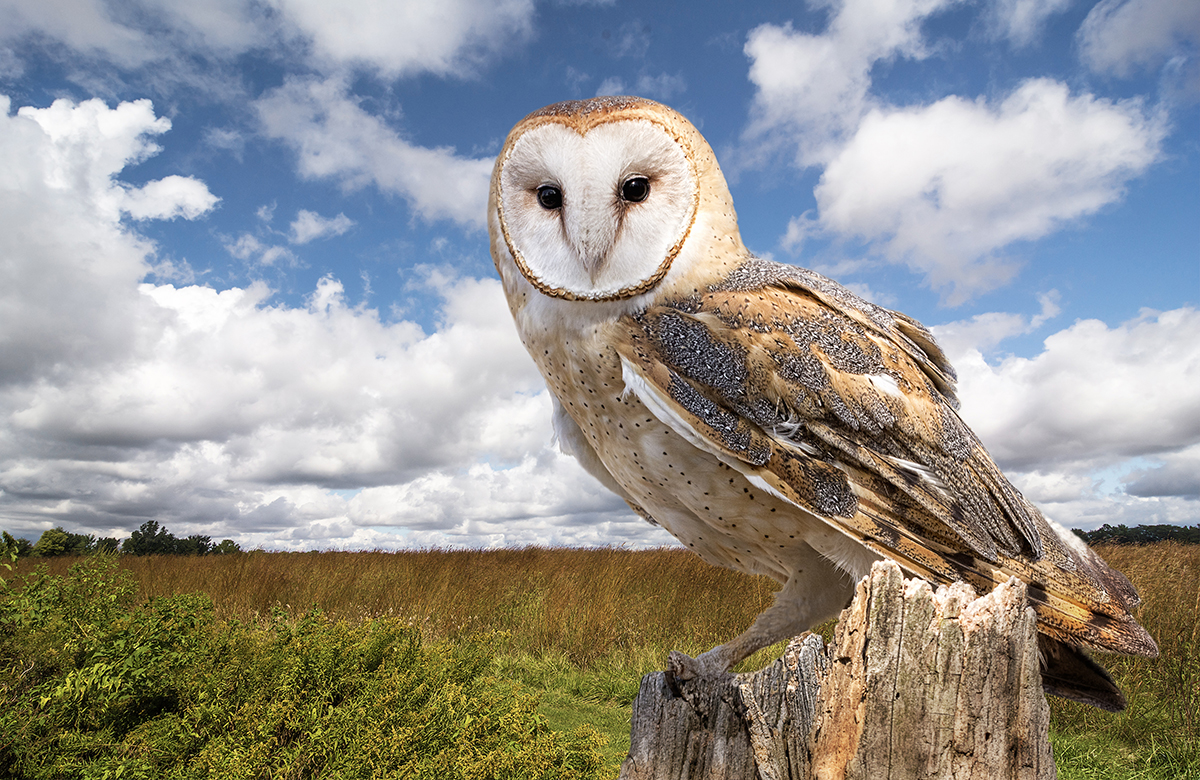
Conservationists around the world have been noticing some hidden benefits of the recent coronavirus restrictions. While people stayed at home, and traffic was kept to an unprecedented minimum, some scientists said that our native mammals may have benefitted from these drastic changes. (BBC News 14/04/20)
Some wildlife species have been taking advantage of spaces that are usually dominated by humans. UK road traffic decreased by 75% in the first week of lockdown. Then, people taking their permitted exercise in quiet places saw hedgehogs, stoats, foxes, badgers, and even deer. These animals are usually quite sensitive to disturbance. The Independent reported that peregrine falcons, buzzards and weasels returned to abandoned National Trust properties for the first time in decades, and pictures were shared on social media of animals worldwide, turning up unexpectedly in urban places.
Here at our hire-boat base, on the rural waterways of Cambridgeshire, we are lucky enough to be close to plenty of thriving wildlife. So, on a local walk, a narrowboat daytrip or a boating holiday in the Fens, you may see kingfishers, dragonflies, damselflies and otters or water voles.
Volunteer
However, it’s still not that easy to spot the more sensitive creatures, so volunteering is a great way to see more. Conservation organisations usually welcome volunteers to help with wildlife monitoring. Volunteers in the Middle Level can be trained in aspects of wildlife identification, such as spotting signs of water voles, otters and invasive ditch plants. There may also be opportunities to see eels, barn owls, and bats. If you like wildlife and are interested in volunteering you could get in touch with the conservation officer of the Middle Level to enquire about future opportunities.
Wetlands
Our local wetland habitats are managed and maintained to protect the environment. Sometimes, where possible, new habitats are being created to increase the overall sustainability for the Fens. If you’re visiting this area check out some of our local conservation projects.
The Great Fen is a 50-year project to create a huge wetland area and join two of the last fragments of wild fen, Woodwalton Fen and Holme Fen which are National Nature Reserves. On their own they are too small and isolated to effectively support the special wildlife of the original fens. Wicken Fen is one of Europe’s most important wetland sites and supports an incredible range of plants, birds and dragonflies. It is also the oldest national nature reserve in England. The Ouse Washes attracts thousands of ducks and swans in winter, and in spring, hundreds of snipe, lapwings and redshanks breed. This is a good place to see dragonflies in summer.
Boating
If you’d like to see some of this amazing local wildlife yourself, check availability now for your next narrowboat holiday. Our holiday bookings are open from 4th July 2020 COVID-19 permitting. If your holiday cannot go ahead due to COVID-19 and government restrictions, full refunds will be given. 2021 holidays are also available to book. Check out our Coronavirus Guarantee.
If you enjoy reading about nature and wildlife sign up for updates from this blog. (We never share or sell email addresses – your details are safe with us.) Just look for ‘Follow Blog’ in the sidebar on the right and we’ll send you stories, tips and advice about narrowboating around the Fens.